Ofcom UK Sets Out Expectations for 2G and 3G Mobile Switch-Off

Ofcom has today set out their “expectations” for how they want mobile operators – Three UK, Vodafone, EE (BT) and O2 (VMO2 / Virgin Media) – to approach the phased switch-off of legacy 2G and 3G mobile services. The goal being to ensure consumers are “treated fairly” and aren’t left cut-off from vital services.
At present, the government and all major mobile operators have already agreed to phase-out existing 2G and 3G signals by 2033 (here), which will free up radio spectrum bands that can be used to further improve the network coverage and mobile broadband speeds of modern 4G and 5G based mobile networks. The switch-off will also reduce the operators’ costs and power consumption.
However, contrary to what you might think, 3G services will be the first to go because older 2G signals remain useful as a low-power fallback and are still necessary for some rural areas, as well as for particular applications (e.g. many Smart Meters and other Internet of Things (IoT) / M2M services are dependent upon 2G). In fact, most operators expect to have completely phased out 3G by the end of 2024.
The catch is that such a large-scale programme will inevitably cause data connectivity problems for anybody who still relies on a 3G device (they do still exist, even if in a minority), especially if it doesn’t have the capability to fall back to 2G.
The Phase Out Plans for 3G Mobile
➤ Vodafone UK will start to phase out 3G this month and aims to complete by December 2023.
➤ Three UK said they’ll be phasing out our 3G network service gradually over the next 2 years and switching it off by the end of 2024.
➤ EE (BT) will this year begin moving customers off 3G rather than switching the network off, but they aim to switch it off in early 2024.
➤ O2 (Virgin Media) informed us that they’ve yet to announce a public sunsetting timeframe, but will adhere to the 2033 date (O2 operates a lot of 2G based Smart Meters in homes).
The regulator, Ofcom, does NOT have a formal role in the switch-off process itself, but they do naturally wish to ensure that “consumers are treated fairly and can continue to access the services they need“. As part of this they’ve today published a document that, as well as highlighting any relevant regulator requirements, also sets out how they expect mobile providers to approach implementing the switch-off of their services to ensure that their consumer-focussed objectives are met.
Ofcom’s Key Expectations:
• Minimising coverage impact:
EE, Three and Vodafone have committed to ensure that they offer a broadly equivalent level of coverage after the 3G and subsequent 2G switch-off, with areas currently reliant on 3G/2G being upgraded to 4G ahead of switch-off. We welcome this and expect Virgin Media O2 (who has yet to set a date for its 3G switch-off) to make a similar commitment once it has progressed its plans. We expect operators to undertake detailed coverage analysis ahead of switching-off their networks to ensure they meet these commitments and customers do not experience a reduction in coverage.
• Contractual information about the switch-off of services:
Mobile providers should explain in their contract information and summary when the service being purchased will no longer function on the 3G and/or 2G networks (where known) and that the customer will need a 4G-capable handset after that date.
• Communicating with and providing support to customers:
Where customers need to replace or update their handset, we expect mobile providers to provide a minimum of three to six months’ notice of the steps they need to take, and to communicate in a clear and timely way, using a range of methods to raise customer awareness. Vulnerable customers, particularly those struggling financially, will need to be given additional support – this might include offering discounts on replacement handsets.
• Other services that rely on mobile networks:
As well as customers using older handsets, switch-off will also impact a range of other devices such as telecare alarms and payment terminals. These services will need a longer notice period. Many of them also use ‘roaming SIMs’ and do not have a direct customer relationship with UK mobile providers. We expect mobile providers to make every effort to identify these services, sharing knowledge across industry where possible, helping to raise awareness so that relevant suppliers have sufficient time to update their devices and consumers do not lose access to vital services.
Most of this is common sense, and it’s important to reflect that virtual mobile operators (MVNO) will need to follow the same approach as their customers will also be impacted by the change.
Selina Chadha, Ofcom’s Director of Connectivity, said:
“In the next few years, older mobile networks will gradually be switched-off to make way for faster, more reliable services.
But some people will need help upgrading their devices during this process. So we’ve told mobile networks what they should do to make sure support is available to those who need it.”
Nevertheless, a programme as large as this is still likely to catch some end-users out and will result in complaints, but that’s probably going to be a much bigger problem for the 2G switch-off than the 3G one.
Mark is a professional technology writer, IT consultant and computer engineer from Dorset (England), he also founded ISPreview in 1999 and enjoys analysing the latest telecoms and broadband developments. Find me on X (Twitter), Mastodon, Facebook and Linkedin.
« BT Results See Openreach Near 10 Million FTTP Premises Milestone
Vodafone UK Follows EE to Deploy 5G on London Underground »
Latest UK ISP News
- FTTP (5550)
- BT (3519)
- Politics (2543)
- Openreach (2303)
- Business (2270)
- Building Digital UK (2248)
- FTTC (2047)
- Mobile Broadband (1980)
- Statistics (1790)
- 4G (1671)
- Virgin Media (1626)
- Ofcom Regulation (1467)
- Fibre Optic (1398)
- Wireless Internet (1394)
- FTTH (1382)





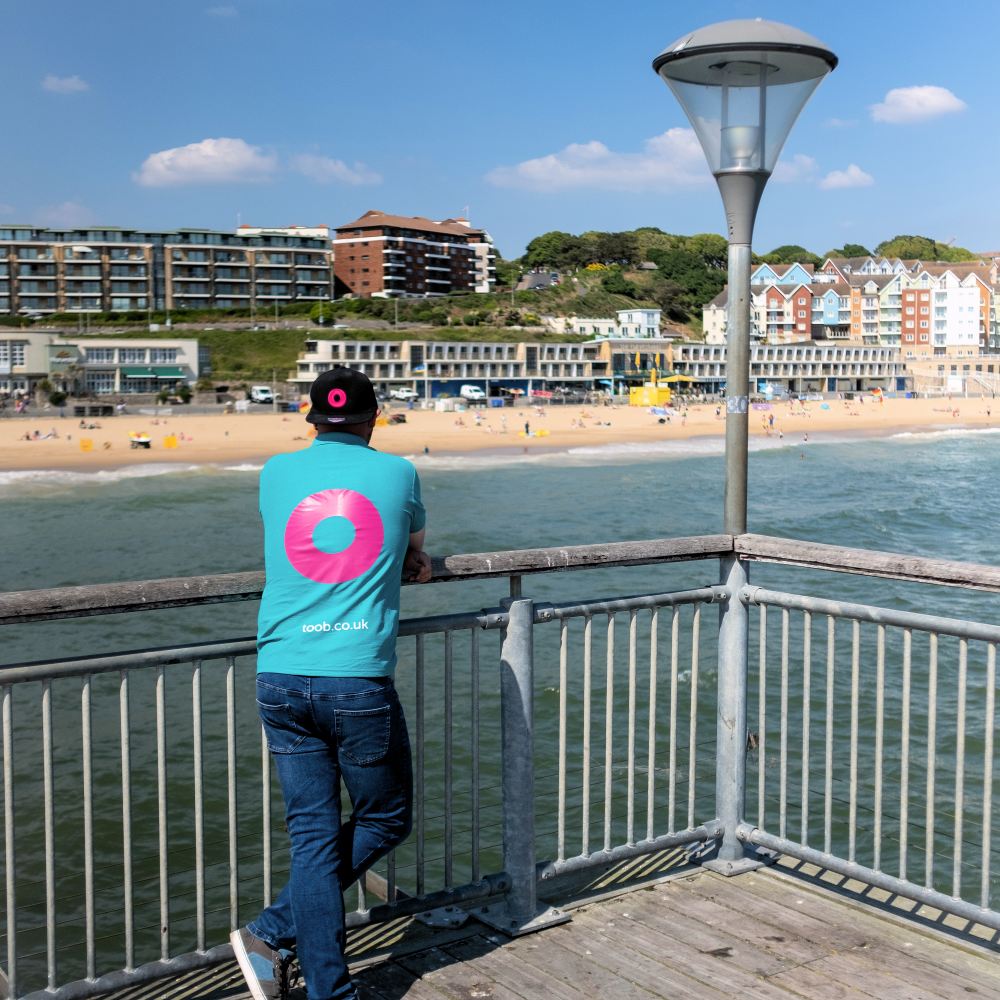

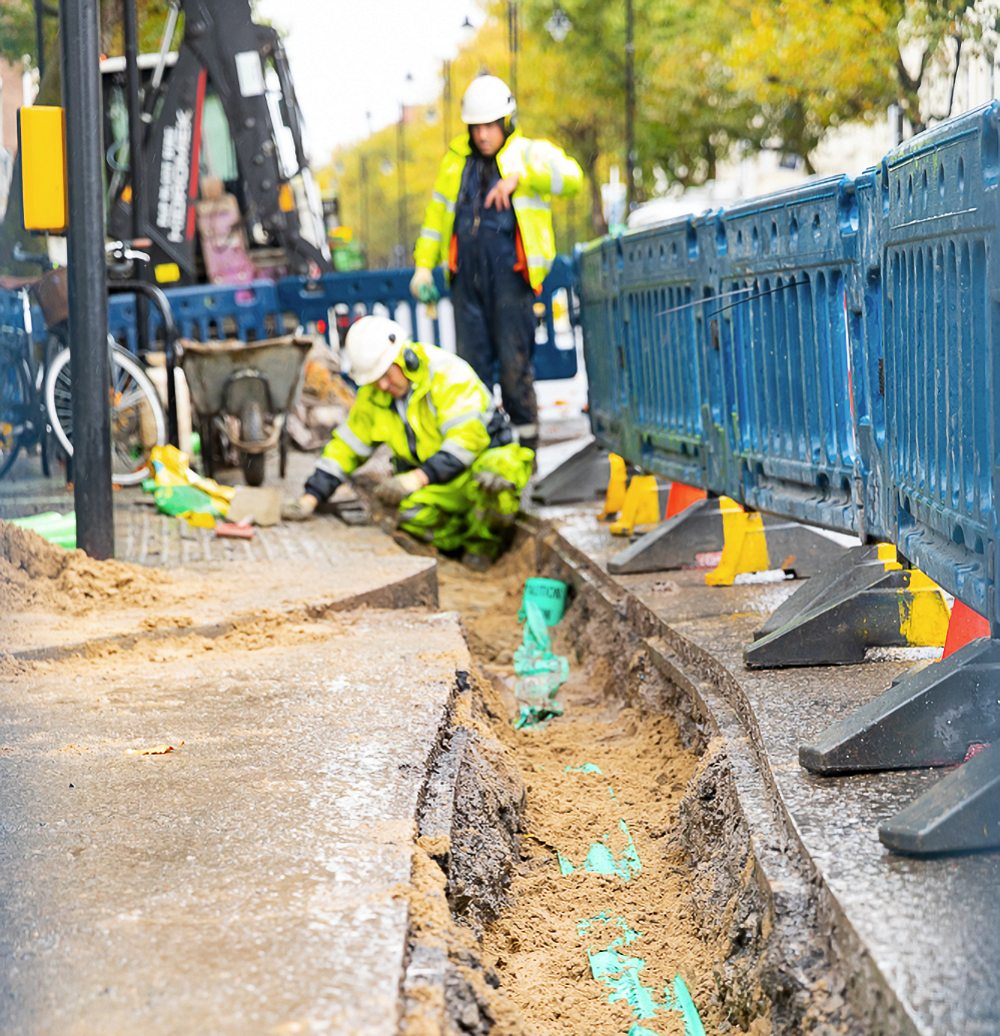
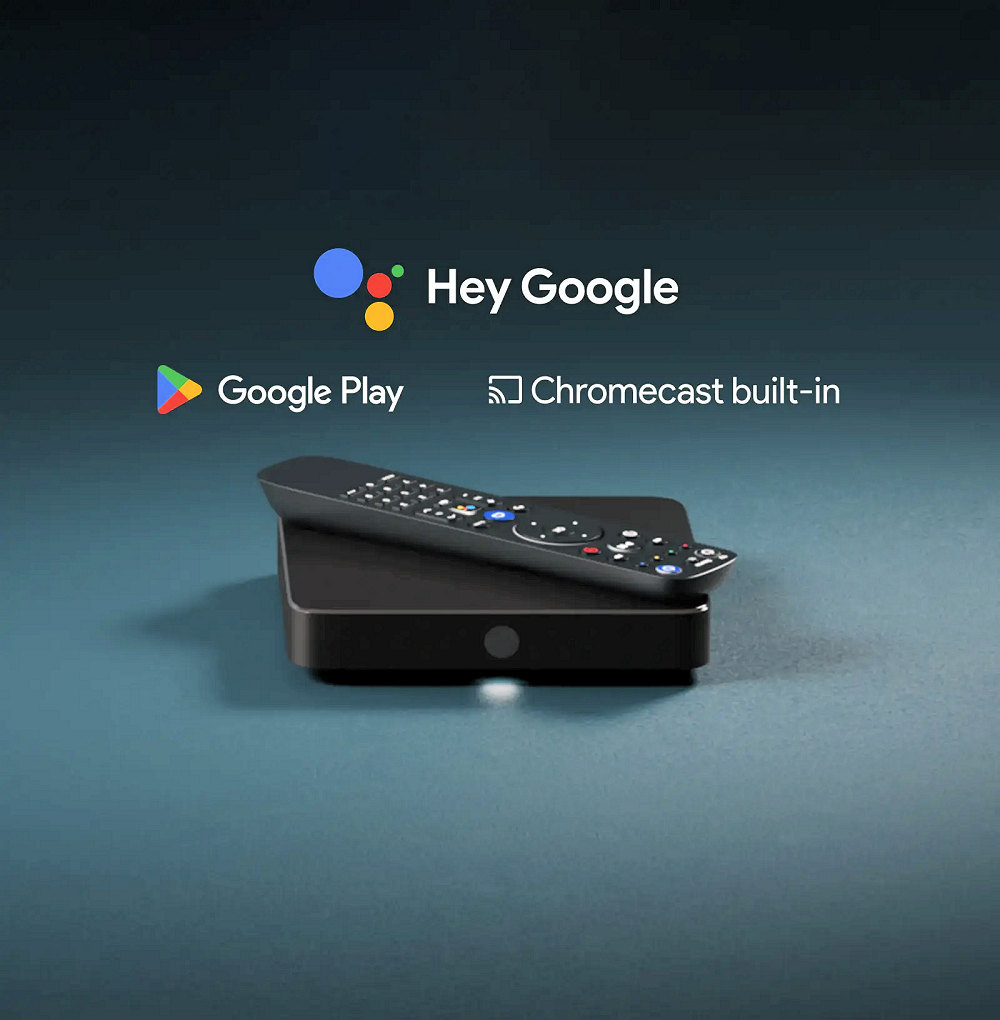
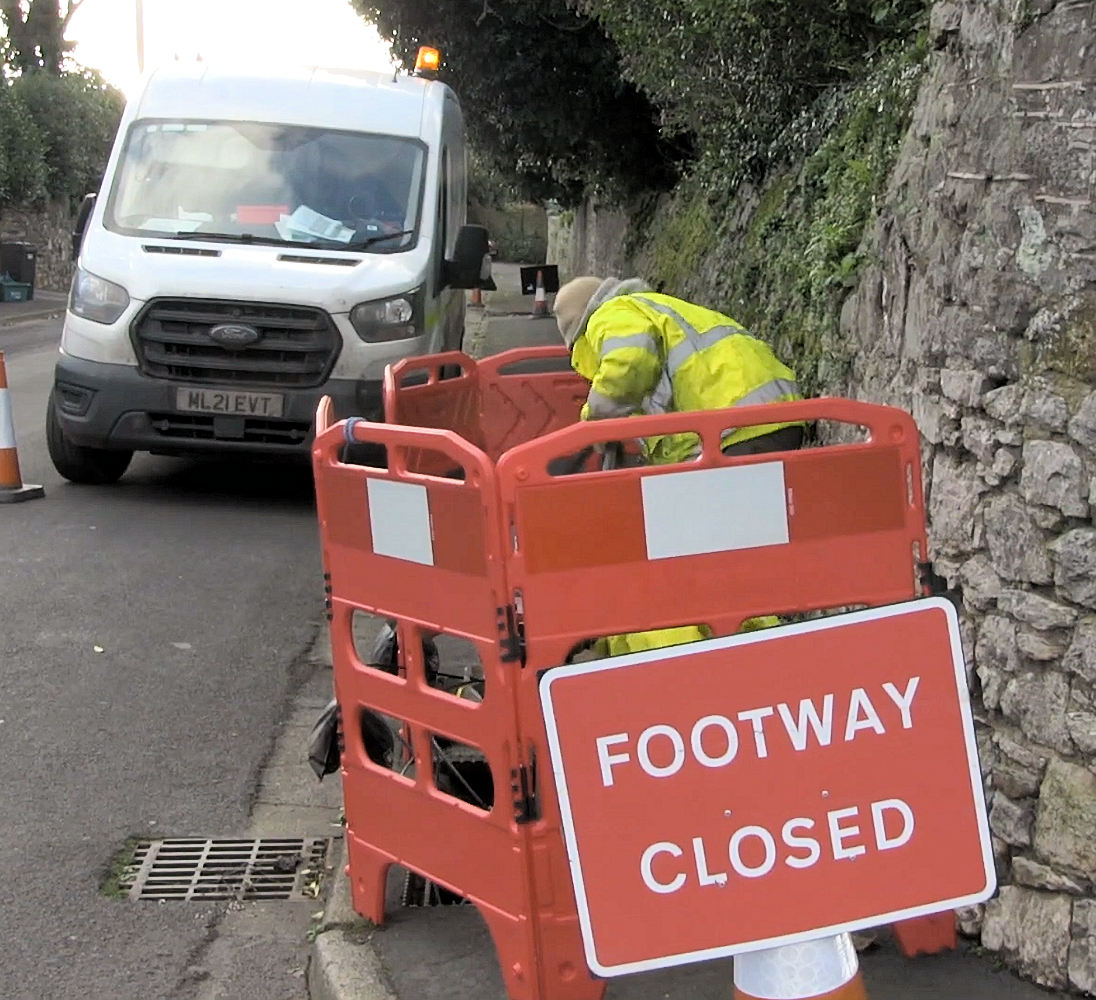

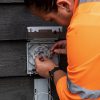










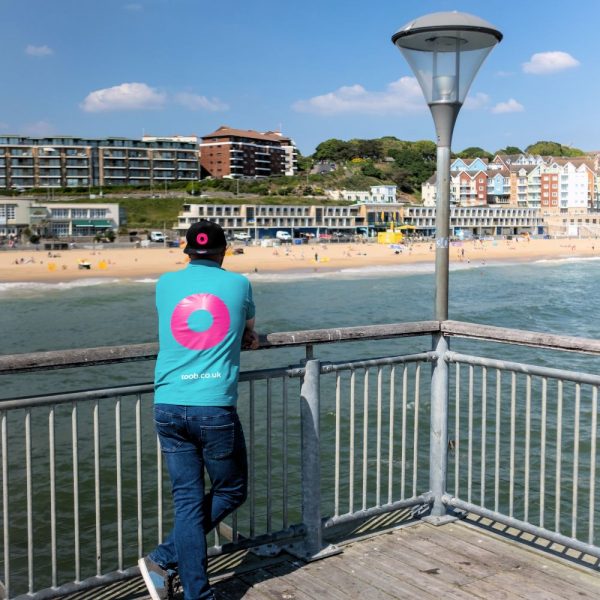

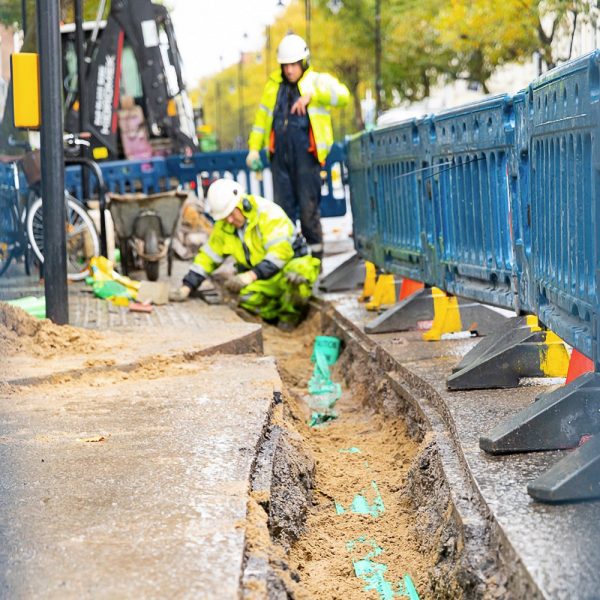
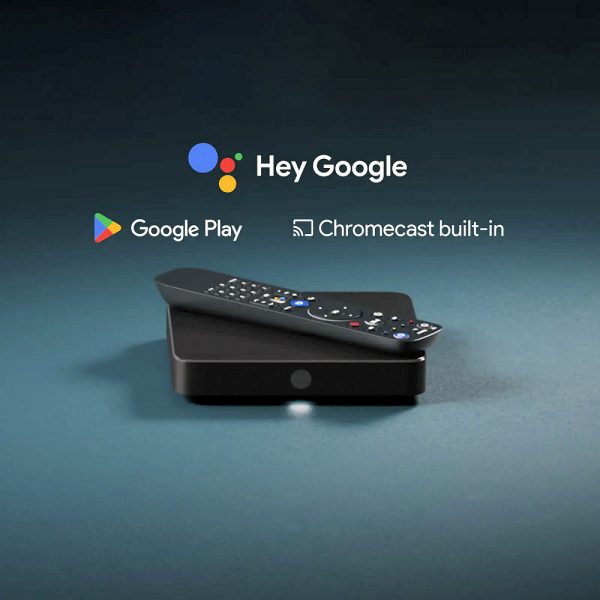
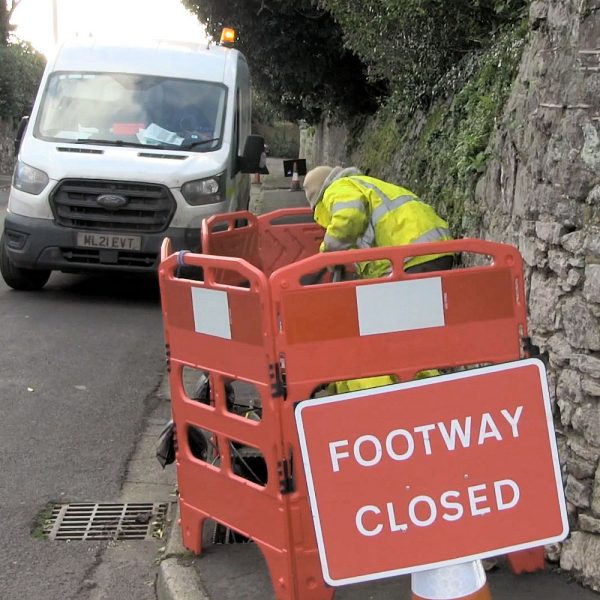































Seeing as Vodafone have started their 3g switch off this month and then this is announced from Ofcom.
It is telling that the regulator has still not setout a framework for the switchoff only announcing ‘expectations’.
It seems like a case of the regulator slowly waking up from their slumber, not surprising given the state of affairs with in this sector. See contract price rises and lack of payg esim – asleep at the wheel!
Heaven forbit the regulator actually has to regulate, huh.
I have been reliant on Three 3G coverage for a couple of years now. Where I am their “4G rollout” was never able to match the speed of their 3G network, I had assumed they would just aim their 4G antennas in the same direction as their 3G but that does not seem to be the case and 4G coverage outdoors with antenna remains flakier than the very solid, high speed (for 3G) signal I receive from the tower.
I hope they build out their 4G network to the same standard eventually but given Openreach are done building out fibre in our area I’m less concerned now I don’t need it for internet.
That said I do not think 2024 is very realistic given how often my phone seems to be on 3G service… far more often than 4G out here despite most of the towers technically broadcasting both. A year is not a long time to correct this.
Bang goes my 3G Doro Clamshell phone. It isn’t particularly “smart”, but it is highly reliable for voice and SMS messaging. Coupled with that the battery lasts a week between charges. It also works well within out stonebuilt building. What a waste of my money just to satisfy the 5G crowd. Consume, consume, consume.
If you just use the phone for calls and text,2G isn’t getting shutdown yet so you should be fine.
3G shutdown might be issue if you’re on Three they don’t have 2G.
That’s a funny way to spell progress.
“Just to satisfy the 5G crowd”. Right. So you clearly don’t understand the reason behind the switch off. That’s not necessarily your fault, but don’t go chuntering about crowds if you don’t have the first clue.
3G is an old technology now and is comparably slow and an inefficient use of finite spectrum. It’s not about “consume consume consume” but a natural increase in the data demands resulting from higher quality end products like HD video conferencing, 4K streaming, media rich web browsing etc. That is progress.
As an individual you have no inalienable right to hold on to technology as it fades from common use. Your position on this is no different than someone complaining:
That there’s no coal man anymore and you don’t want to invest in a gas central heating system
That you cannot purchase leaded fuel for classic Robin Reliant anymore which you won’t replace because it does everything you want it to
You can no longer purchase the latest film releases for your VHS recorder
It’s not fair that you can’t buy floppy disks for your PC which you purchased in 1992 and still works fine!
You can go on about it all you want, but just because it inconveniences you personally doesn’t mean it isn’t progress or that any group deserves your ire. Strangely enough, it isn’t being done as a personal slight or to specifically inconvenience you. But if you are a member of society sometimes you have to concede familiarity and reliance and follow the herd if you want to continue enjoying a convenience or luxury. If you don’t, you simply lose it.
Personally, I’d go further than that. I don’t see why we had to move away from the perfectly adequate 1876 contraption built by AG Bell. Then again, Bobby Hooke’s wire device from the 1660s was almost as good as Bell’s device, IMHO.
But back to the Doro… Doesn’t it do 2G (which will be perfectly adequate for voice and SMS)?
Someone should offer a way to convert 3G phones to 4G so they don’t become worthless. A lot of 3G only phones still exist and are very usable.
If they can find a way to get FTTP to still work in a power cut to please people. They should try and do the same for 3G.
@Stephen Wakeman
Since your full of solutions. How do you overcome communities even some of thousands population that don’t want masts, so when 2G is retired they’ll be nothing? Some masts can’t be upgraded, backhaul,protected area etc,so by switching 2G off we will have nothing, since the whole area is AONB ,Conservation and locals refuse any planning applications.
You let it happen and let them learn from their mistakes.
I’m not full of solutions, I was pointing out a backwards and obstinate point of view.
What you’re referring to is a problem caused by NIMBYism. If these rural communities in AONB don’t want ugly masts they don’t have to have them, they just can’t have connectivity.
You can’t have your cake and eat it. Unless you feel that groups of peoples in villages and small towns across the country, which probably number less than a million nationally, mean that the rest of the nation has to suffer because spectrum is held hostage by a bunch of backwards lowest common denominators?
If you look at this problem in an objective and financially viable way, the solution is that the tiny minority of people must get with the times or accept being left behind. They can keep their scenic views and penny farthings and whatever else while the rest of us concentrate on not being a bunch of selfish obstinates.
Another point on this is that not all of the spectrum freed up is for 5G, and being as 5G is designed as a complementary technology to 4G, isn’t it entirely feasible that the person I was replying to will be just fine if they purchase a 4G capable handset? They get a 3G signal currently on a phone that is only 3G capable. So in this specific case, we’re not even necessarily talking about a loss of service.
Further, it’s a DORO phone. These are cheap, low end feature phones marketed towards old people and people with dexterity needs. I don’t know but aren’t there 4G capable similar phones available? If not, there will be soon when 3G gets switched off.
It’s such a dumb argument. The person probably complained when they switched off the analogue TV signals because they had a B&W set from 1953 and didn’t feel they should have to upgrade just because the kids these days wanted more than 5 channels. Perhaps you’re right? Think of all those poor souls with an old TV and only 1 plug socket meaning they couldn’t even buy a £20 Freeview box to continue watching telly in their 300 year old 2 roomed thatched cottage.
Places like the Cotswolds will, well, they’ll make their choice I suppose. But then, see if their tune changes when a critical mass of those living there are frustrated by a lack of signal, either due to their own inconveniences, or due to businesses wondering why (say) fewer holidaymakers are there; there’s surely a non-zero number of people who wouldn’t knowingly go somewhere with poor signal. Equally, there’s a non-zero number of people who’ll cry “Pah! Read a book! Learn to not be bored!”. When the count of either group is heavily skewed in one location, you’ll see the outcome.
Equally, those who live in the areas affected by the ‘anti mast’ crowd are also in a society. If all the locals reject masts, you’ll (sadly) need to decide whether it’s worth staying, or if you need to move somewhere with better connectivity. “UNFAIR!”, well, no, it’s fair – it’s (to my mind) democratic that the locals to an area can decide what they want or don’t want.
I still got it in the loft https://www.radiomuseum.org/images/radio/jvc_victor_company/video_cassette_recorder_hr_3660eg_1372571.jpg
To the people asking about masts –
I don’t know what actually happened with the trials, but both transmitters disguised to look like trees and femtocells on lamp posts, were things that were tested in the past. I’d imagine something along these lines will be the logical outcome. Additionally – the fact that we are all going to end up with phones that talk to satellites when we are out of range of a ground mast, will likely very quickly fill in coverage areas.
2G is due for closure a couple of years later but there are millions of Sat Navs, Smart Meters etc. using it. What then? Please, no comments on using Bluetooth for Sat Navs as that requires a mobile data contract and some don’t want one.